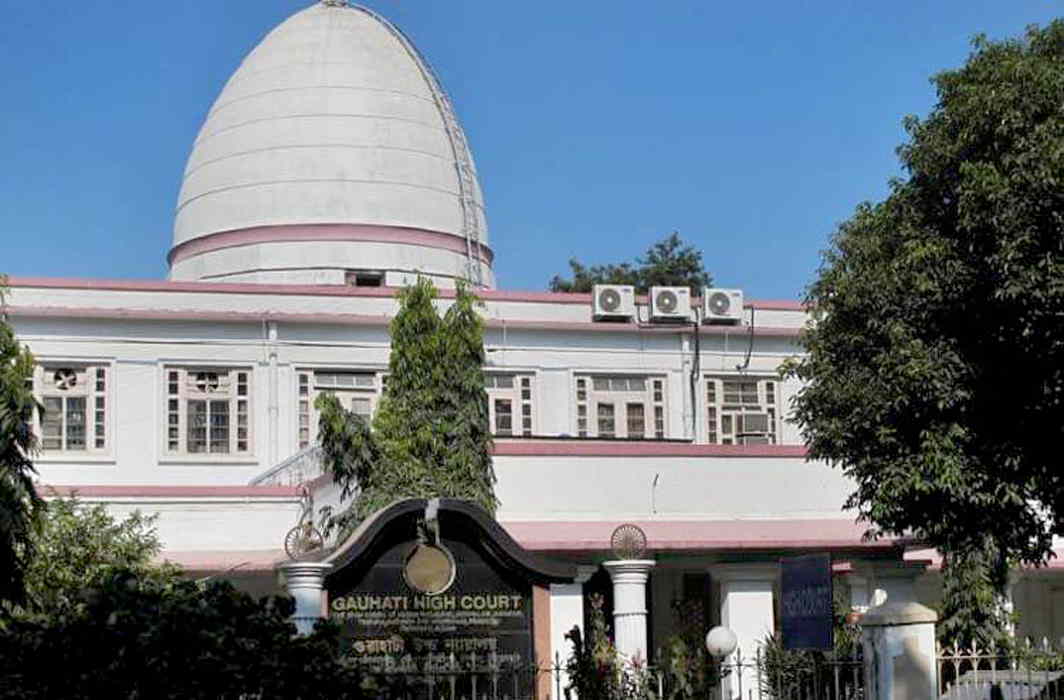The Gauhati High Court opined that the following measures and suggestions, if taken into consideration and applied, can go a long way in achieving the desired results for the protection, beautification and enhancement of the biodiversity of the Deepor Beel lake:-
(I) to consider construction of promenade (প্ৰমমমোদ ভ্ৰমণ মমোৰৰ), cycling track and walking track on the entire periphery of the lake. Once the promenade, including the cycling track, etc., are established, the possibility of organizing sporting events at the national and international levels can be explored.
(ii) Not only this, all possibilities of encroachments being made in and around the lake will be curbed with the establishment of the permanent encumbrance on the lake periphery;
(iii) to consider setting up of dedicated facilities for promoting tourism, viz. food courts, entertainment zones, parks, etc., alongside the promenade (প্ৰমমমোদ ভ্ৰমণ মমোৰৰ);
(iv) it has been observed that a significant area of the lake remains covered by water hyacinth, which is a highly invasive aquatic plant. There is strong scientific evidence to show that growth of this invasive plant species reduces the dissolved oxygen and increases toxicity in the water thereby endangering the aquatic life of the lake which in turn is bound to have a chain reaction on the birds, which survive on food sources within the lake. Thus, the State Government may consider systematic and planned removal of water hyacinth from the lake;
(v) the extracted water hyacinth can be put to use for making a variety of handicraft items, viz. bags, mats, etc., and an entire handicraft industry can thrive in this manner, which is definitely a highly eco-friendly activity. This would also result into development of employment opportunities;
(vi) to consider introduction of boating activities by use of non-fossil fuel powered vehicles, viz. rowing boats, paddle boats and electrically powered boats for promoting tourism in the lake;
(vii) in all entry points from where the sewerage water/other effluents flow into the lake, sewerage treatment plants be set up so that the possibility of discharge of harmful chemicals/pollutants into the lake can be minimized. No solid waste dumping to be allowed in and around the lake;
(viii) the level of the water of the lake increases during the monsoon and recedes immediately thereafter. The State Government may consider the possibility of maintaining the water table of the lake at a particular level by lifting water from the Brahmaputra river, if required so that the fauna and flora thriving in the lake can be maintained at the optimum level;
(ix) Once the mechanism to maintain the optimum water level in the lake is put into place, the State Government may think of organizing aquatic sports, like rowing, kayaking, etc., without involving the fossil fuel powered vessels/crafts.
(x) commercial fishing activities, if any, being carried on in the lake may be curtailed/regulated.
(xi) implementation of the above measures would give a tremendous boost to the tourism and associated sections in addition to providing significant avenues of investment, employment and eco-friendly development of the entire area surrounding the lake.
(xii) Setting up of the cycle track and introduction of the aquatic sports is bound to draw interest of sports enthusiasts in the country and abroad and thus, there will be imminent possibility of hosting sporting events of significance in the lake and on the tracks so constructed.
The Division Bench of the Chief Justice Sandeep Mehta and Justice Suman Shyam heard a Public Interest Litigation (PIL) highlighting a very significant issue regarding the protection of the Deepor Beel, which is a very important water body being a freshwater lake in the Guwahati City and is also a Ramsar site.
The issue pertaining to construction of a railway line adjacent on the northern boundary of Deepor Beel was taken up by the National Green Tribunal and various directions were passed which are in the process of compliance.
However, the petitioners have tried to highlight various other issues and challenges being faced in the protection of this pristine water body of immense importance to the State of Assam, which is home to several rare and endangered species of plants, animals, birds, etc. The petitioners have also highlighted the fact that uncontrolled dumping of waste and sewage is being made into the lake which is threatening its very existence.
The State Government has also, through its affidavits, expressed its desire and intent to ensure that the water body is protected, beautified and its status enhanced by all means while adhering to the requirements of the Wetland Protection Act, 1972.
The total area of the lake is 40.14 Sq. Kms. from which, an area of 4.1 Sq. Kms was declared as a wildlife sanctuary by the Government of Assam in the year 1989. It is known as a wetland under the “Ramsar Convention” which has listed the lake in November, 2002 as a Ramsar Site for undertaking conservational measures on the basis of its environmental and biological importance. The average depth of the lake is 1 Mtr., whereas the maximum depth is 4 Mtrs. There are 12 villages on the periphery of the lake.
D. Saikia, Advocate General, Assam, on instructions, submitted that the State Government also has tremendous concern for conservations of the lake. He proposes to file an affidavit to bring on record the stand of the State Government regarding acceptance and implementation of the above suggestions.
The Court has listed the matter on 24.08.2023 for further hearing.


